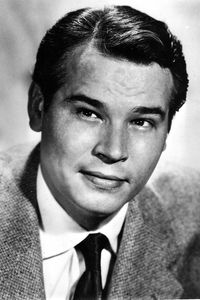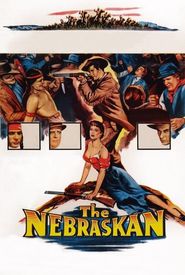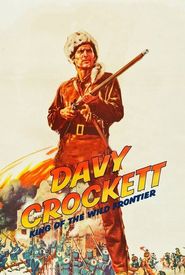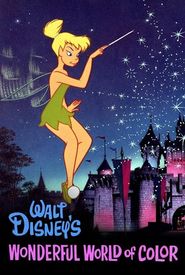Thurman Lee Haas, a notable individual, was born on February 3, 1920, in the heart of central Oklahoma, specifically within the confines of the Pottawatomie Indian Reservation, a region deeply rooted in the history and heritage of the Kickapoo Tribe. This ancestral homeland played a significant role in shaping his early life and future endeavors.
Thurman's family boasts a storied lineage, with his forebears being esteemed members of the Oneida Indian Nation, a tribe with a proud heritage that can be traced back to its origins in the verdant state of New York. However, the passage of time saw a tumultuous chapter unfold, as his ancestors were forcibly relocated from their ancestral homelands in New York State to the vast and uncharted territory that would eventually become the state of Wisconsin, a journey that took place over a century ago, leaving an indelible mark on the family's collective memory.
Thurman's formative years were marked by a profound connection with the great outdoors, where he spent considerable periods of time embarking on hunting excursions in the picturesque rural landscapes of Oklahoma. By his side, always faithful and true, were his loyal companions, Pet the pony and White Man the dog.
White Man, in particular, proved himself to be a steadfast and courageous ally, as evidenced by the fateful occasion when he heroically dragged Thurman to safety after a near-fatal accident in which he had fallen into the treacherous waters of the Red River. This harrowing experience had a profound and lasting impact on Thurman, likely influencing his later decision to enlist in the United States Army, where he served until the early 1950s.
After completing his military service, Gene Thurman embarked on a journey to fulfill his lifelong aspiration of becoming an accomplished actor, initially taking on minor film roles and methodically cultivating his professional reputation. His breakthrough opportunity arose when Walt Disney Studios entrusted him with the pivotal role of Chief Red Stick in the 1955 cinematic masterpiece, Davy Crockett: King of the Wild Frontier. Throughout the duration of his illustrious career, Thurman would go on to portray Native Americans in approximately eight out of every ten projects he was involved in, solidifying his reputation as a versatile and dedicated performer.
When not engaged in his professional pursuits, Thurman indulged in a creative outlet, penning and submitting articles to prominent men's publications of the era, where his literary talents were showcased to a wider audience. Notably, one of his written pieces garnered a commendatory letter from the esteemed author John Steinbeck, a testament to Thurman's burgeoning writing skills and his ability to captivate readers.
---
Person Biography:
Thurman was a multifaceted individual with a passion for creative expression.
Nancy Scott, Thurman's devoted wife, was left to carry on without her beloved husband, whose life was tragically cut short on November 21, 1966, in the city of angels, Los Angeles. This devastating loss was made all the more poignant by the fact that Thurman was survived by three precious children, who would now have to grow up without their father's guidance and love.
The circumstances surrounding Thurman's untimely passing remain shrouded in mystery, with the cause of his death still unknown to this day. Despite the passage of time, the pain of his loss is still felt by those who loved him, and his memory continues to be cherished by all who knew him.
The majority of the information available about Thurman's life and death comes from public records and a newspaper article that was published to promote the Disney movie Savage Sam, which was released in 1963. This article provides a glimpse into Thurman's life and career, and serves as a testament to his enduring legacy.
















































